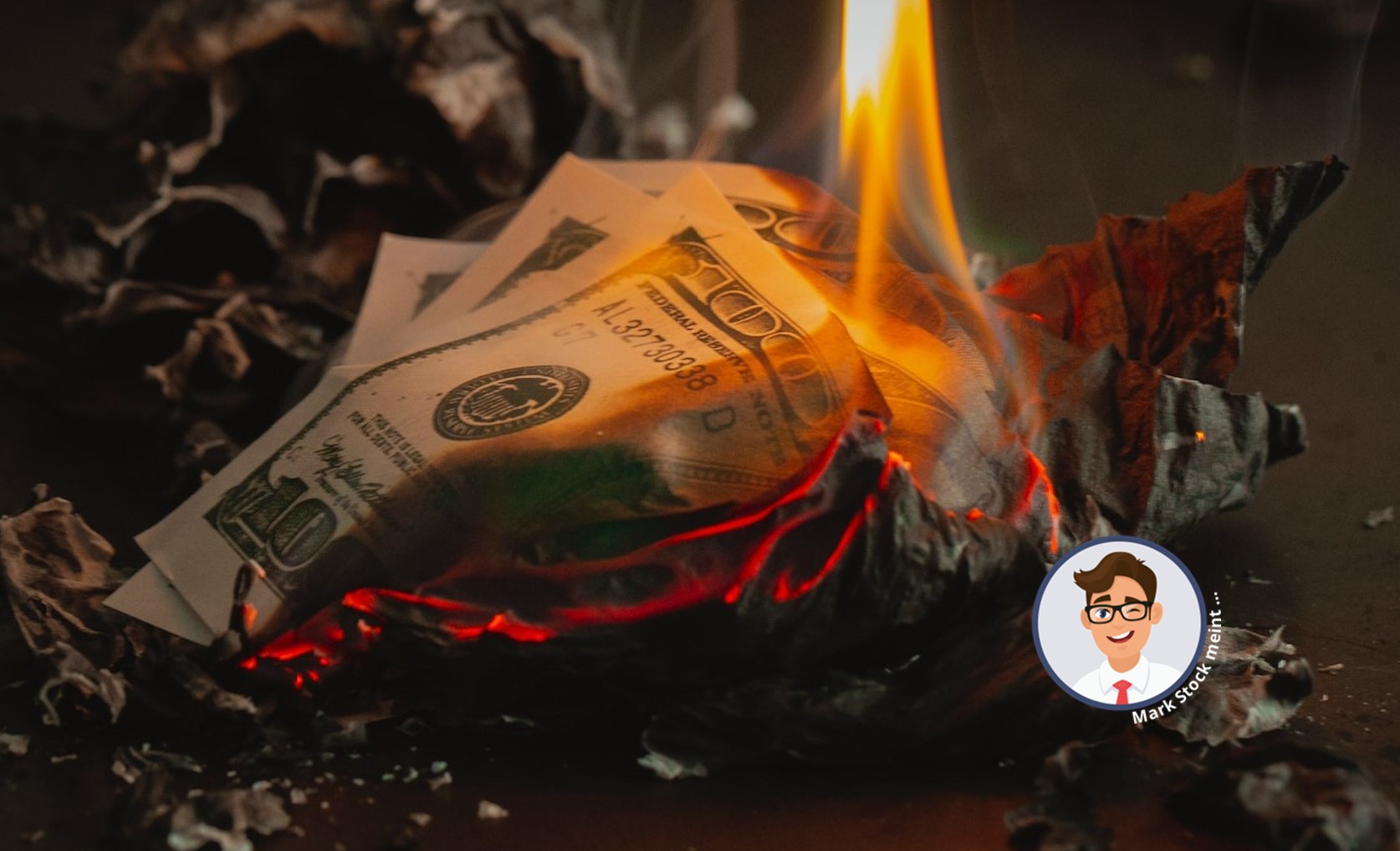Dear reader
'The reports of my death are greatly exaggerated,' the American author Mark Twain is reported to have once said. Recently, we have also been hearing and reading more and more reports about the dollar that suggest the imminent demise of the global reserve currency. As an investor, do you need to act now and change your investment strategy?
Hardly a week goes by without the conclusion of a trade agreement being announced somewhere in the world in which goods are now to be transacted in renminbi, roubles or reais. China and Brazil, for example, are working on an agreement to trade in their own currencies instead of dollars. A few weeks ago, Total, the French energy giant, settled a delivery of liquid gas from the United Arab Emirates to China in renminbi. Russia is cut off from the dollar market anyway. 'Hard greenbacks? No, thank you!', you hear more and more often.
Recently, even my mother-in-law (you just have to like her) said that the Chinese yen (!) would soon be the new global reserve currency because 'China is growing rapidly and buying up everything everywhere'. Naturally, she immediately wanted to adjust her investment strategy.
Unbroken importance of the dollar
As much as I understand that many countries want to reduce their dependence on the dollar, it is not that simple. Let me present you with a few figures that illustrate the dominance of the dollar: More than 80% of global foreign exchange transactions and more than 50% of global trade and payments are denominated in dollars. The greenback accounts for around 60% of global foreign exchange reserves. The competition is far behind.
Let's look at the size of the most important currency areas. Only the yuan and the euro can keep up with the US economically – in terms of GDP – and could be considered as alternatives. But when it comes to free convertibility, you can forget about the yuan right away. China will not be dismantling its capital controls any time soon. The political risk in China is also much greater than in the USA, regardless of what your neighbor with the tight-fitting tin foil hat claims. Even if it hurts, the USA still performs better than Europe and China in terms of economic stability.

It won't work without a current account deficit
No other country can boast a similarly deep and sophisticated capital market – this is reflected in any serious investment strategy. And even more important: if you want to be the world's leading currency, you have to export capital. And on a grand scale. This in turn requires huge current account deficits. But China and the eurozone are generating huge surpluses and don't want to know anything about deficits. The USA may have many weaknesses, but at the moment there is no country that will soon threaten its supremacy. Of course, the Chinese yuan is becoming increasingly important. But the British pound is still more important as a trading currency than the yuan. If you had the choice today, would you rather invest your foreign currency in Russia, South Africa or China? Or would you rather trust Uncle Sam?
Will the dollar be able to maintain its supremacy for all eternity? Almost certainly not. But at the moment, it is the best performing major currency in a cross-comparison. A clever market observer once said that the dollar could be compared to Microsoft's Windows operating system. No one will argue that it is the best system. But because everyone uses it, it is easiest to work with Windows too.
If the switching costs are too high
Or are you an Amazon customer? Imagine you have filled your Kindle library with hundreds of e-books, watch football matches via Amazon Prime and listen to audiobooks via Audible. How likely are you to switch to the competition? Even if the audiobooks are slightly cheaper or the selection of books is more extensive – hand on heart: the effort to switch is simply too great for most people. It's the same with the dollar. Because it is so widespread and accepted around the globe, it is most convenient to use it too.
What if the central banks switch from the dollar to gold (I hope you also rely on the precious metal in your investment strategy)? They tend to do so, but all the gold in the world is not enough to absorb the trillions of dollars and euros held by central banks. We can spin it any way we like: The end of the dollar is not imminent.
Somehow, the current discussion seems like a remake of the classic 'Groundhog Day', in which the main character has to live through the same day over and over again. There has been talk of 'de-dollarization' since at least 1990. Back in 2009, China and Brazil vowed to conduct their bilateral trade in renminbi and real instead of dollars. Will they mean it this time? On verra.
With this in mind, stick to your investment strategy and don't write off the dollar just yet!
Yours, Mark Stock©
Mark Stock is a member of the Point Capital editorial team. 'I am a stock market enthusiast and am passionate about economic history. I have been following the ups and downs of the markets for years and, of course, invest myself – preferably in shares. So my name says it all. Every month, I take up what I consider to be an exciting topic. And since the focus is on the content and not on me personally, I write under a pseudonym.'
